René Baeten’s World Motocross Championship title in 1958 put an end to a great period for Belgian riders. The 1959 “Grand Prix des Nations” attracted a large crowd to the citadel circuit, “the largest ever seen at a motocross race” according to the testimonies of the time. The victory went to the Englishman Don Rickman ahead of Sweden who placed Ove Lundell, Sten Lundin and Bill Nilsson in second, third and fourth place. Their machines were almost 45 kilos lighter than the Belgian ones, giving them a formidable advantage. The national brand, FN, decided to withdraw from motocross competitions at the end of the 1958 season, together with its favourite rider, Auguste Mingels.
The Revolutionary Motorization
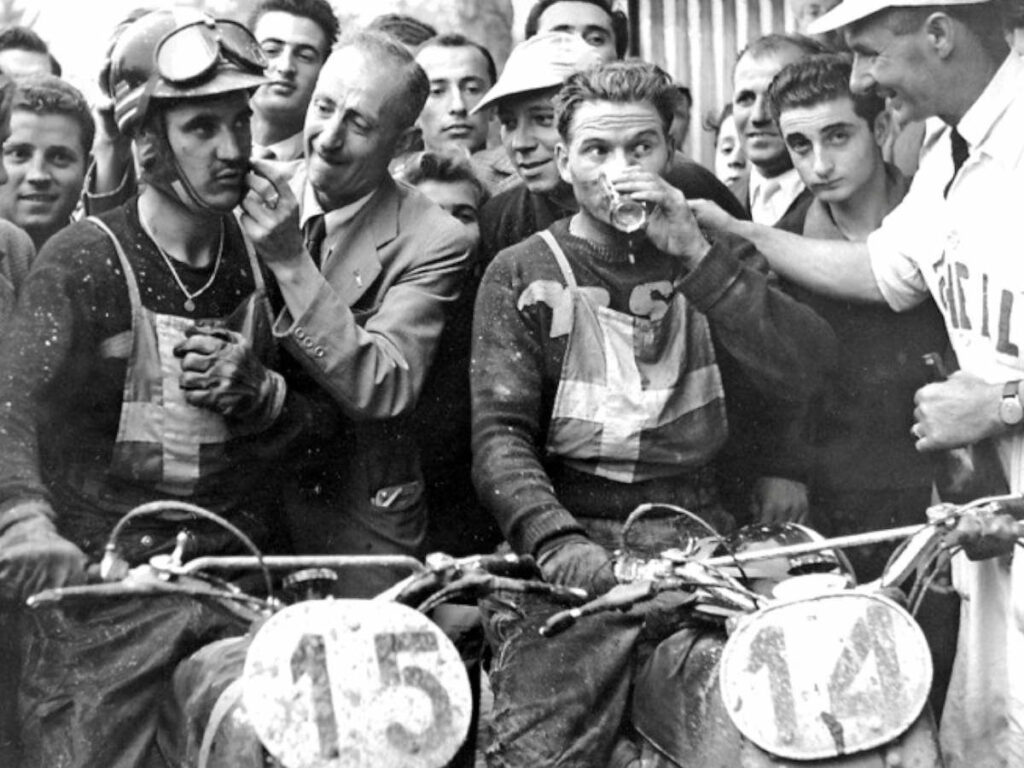
With their Husqvarna, Lito and Monark bikes, the Swedish riders dominated the Citadel Grand Prix from 1959 to 1963. Their machine combined the lightness and strength of Swedish metalwork with a revolutionary two-stroke engine. In 1960, Bill Nilsson won the race by completing the traditional 18 laps in 1h11′ before Sten Lundin lowered the record the following year in 1h09′.
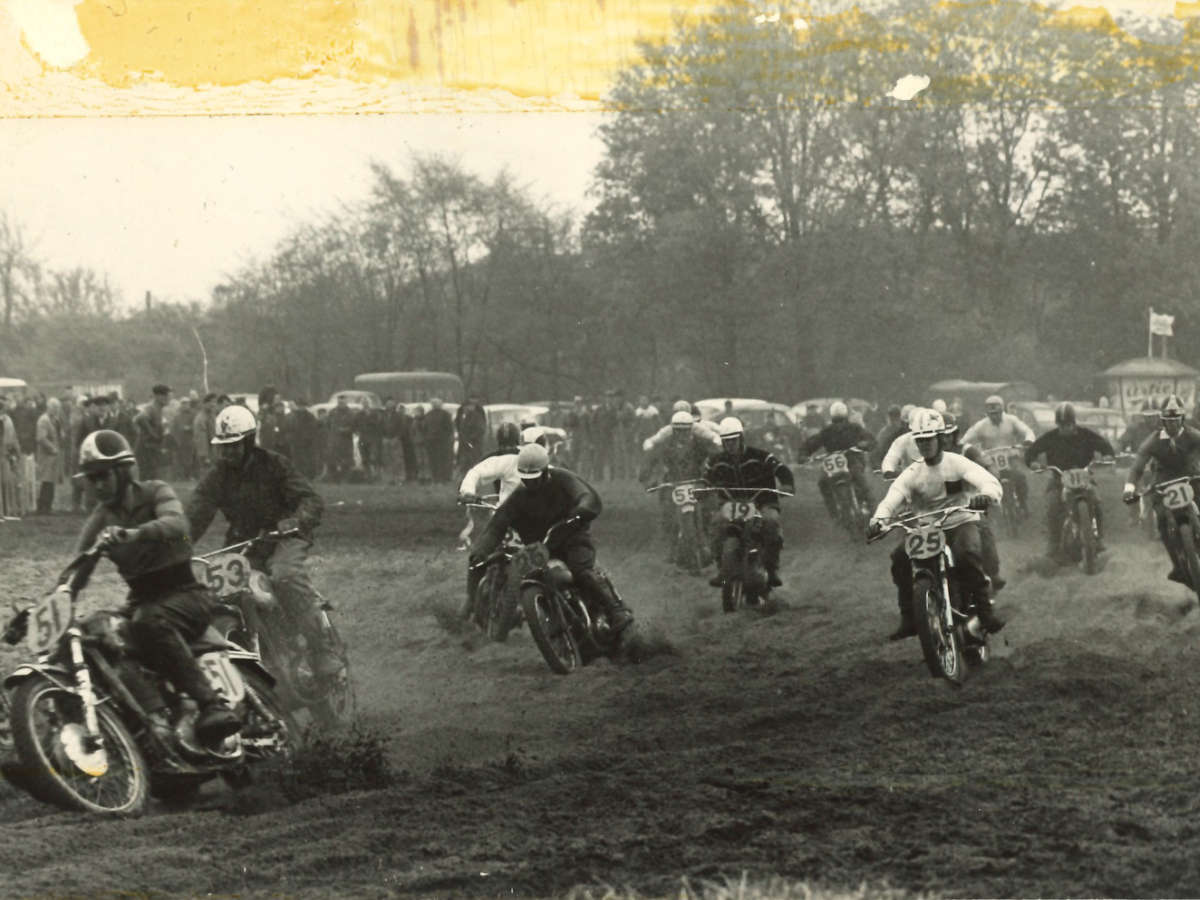
Change Of Rules
In 1962, the rules were changed by the International Motorcycling Federation. The race was now held in two rounds (of forty minutes each) which awarded points to the best-placed riders. The title was awarded by adding up the points, taking into account the times in case of a tie. The experts logically expected a Swedish victory, but it was a little-known English rider, John Burton, who surprised all the competitors. The favourite, Rolf Tibblin, failed in his escape but won the world championship. The following year, he crushed the competition and won both rounds, the Grand Prix, and the world title in an authoritative manner.
The early 1960s saw the Swedish hegemony challenged by British BSA machines with four stroke engines. In the hands of veteran rider Jeff Smith, who had already won the 1956 Grand Prix des Nations at the Citadel with the British team, the bike worked wonders in 1964 and 1965. In both years, the British rider won his duel with Tibblin on the slopes of the Citadel and also won the world title.
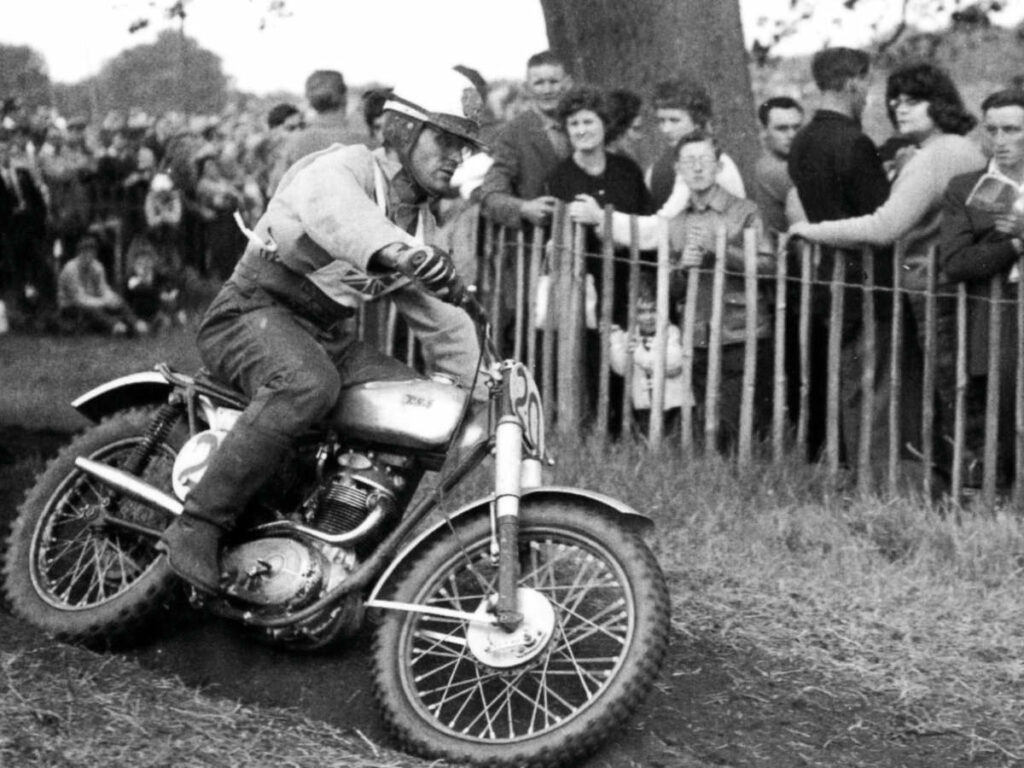

Robert won his first World Championship title
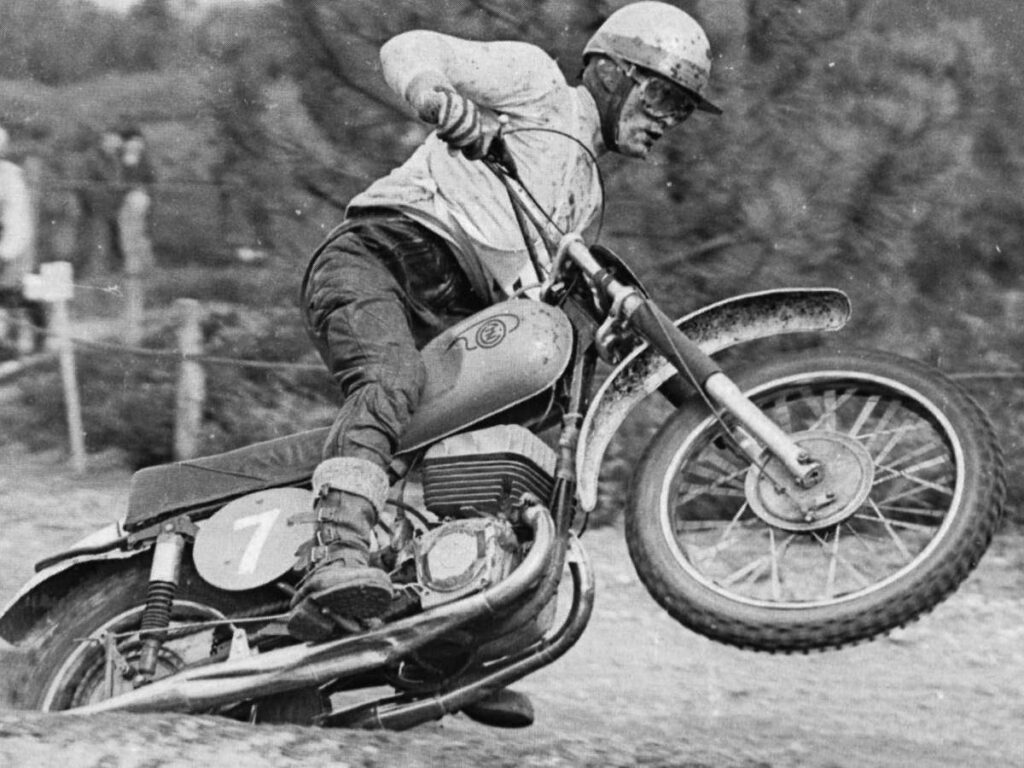
On 30 August 1965, the Motocross des Nations was once again organised on the legendary circuit of the citadel. The British team, led by Smith, and its Swedish rival, led by Tibblin, were the overwhelming favourites. The Belgians were led by Joel Robert, who won his first world quarter-litre title in 1964 at the age of 20. Jef Teuwissen, Walter Baeten, Sylvain Geboers and Herman De Soete completed the black – yellow – red quintet.
The public of Namur cheered the young Walloon rider who wins both rounds of the race. Joel Robert is the individual winner of the Grand Prix, but in the Nations classification, it is still England that wins thanks to the second places won by Smith, Eastwood, Rickman and Lampkin. The little Belgians, however, held them off for a long time.
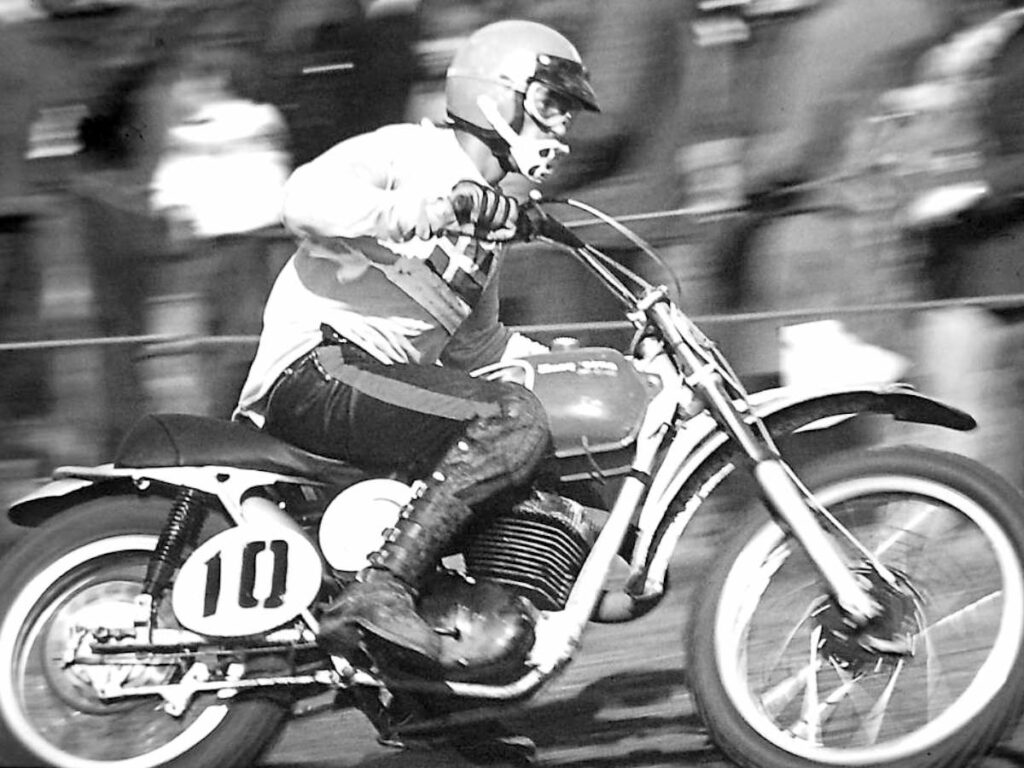
The late 1960s saw a continuation of the battle between the British riders and their Swedish rivals, just as the Husqvarna two-stroke engines competed with the BSA four-stroke engine. On the tortuous and hilly Citadel circuit, the second first gained the upper hand with victories for Jeff Smith and Arthur Lampkin in 1965 and 1966. The former triumphed again in 1968 thanks to the Swede Bengt Aberg who was also world champion in 1969 and 1970.
In this England-Sweden match, for the first time in the history of international motocross, a German stood out. Paul Friedrichs, the “East German playboy”, excelled on a machine of Czech origin, the CZ. He became the first rider to win the world crown three times, but only managed to win the Belgian Grand Prix in 1967. That year, the Belgians put up a fierce fight. Jef Teuwissen won the first race but lost his seat in the second. Roger De Coster, a young rider from Brussels, finished second in the Grand Prix after having already won a round in 1966.
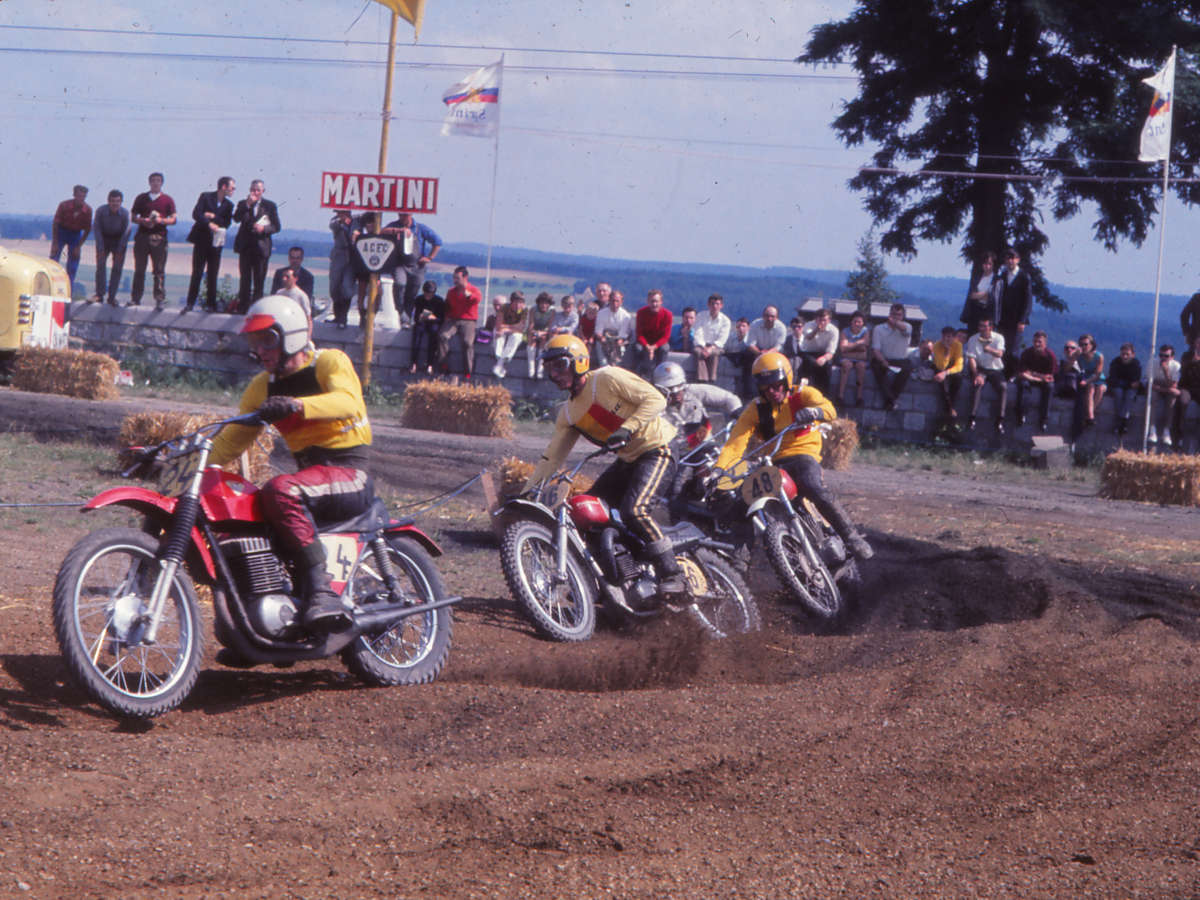
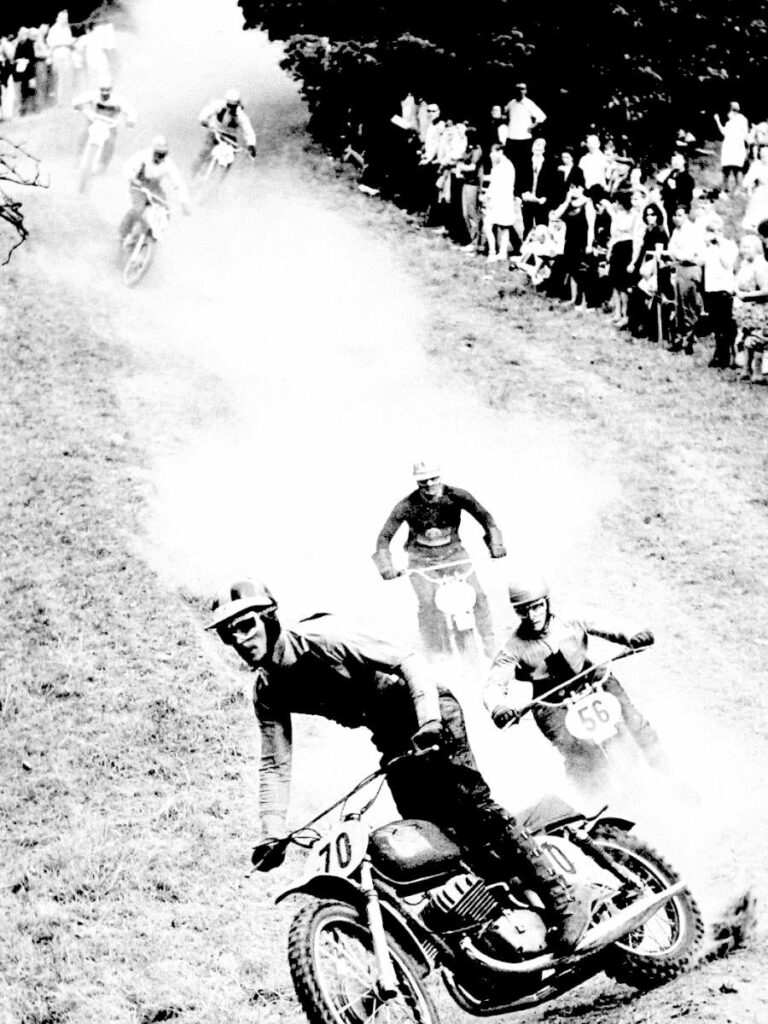
The Grand Prix which took place at the citadel on 4 August 1968 was attended by a smaller crowd due to competition from other sporting events. It was, however, the scene of a fierce duel between the four-stroke BSA of John Banks and the two-stroke HVA 420 of Bengt Aberg. The two riders finished on equal points, and it was the lap time that gave the Swede the victory. The two-stroke engine will be the winner for a long time!

